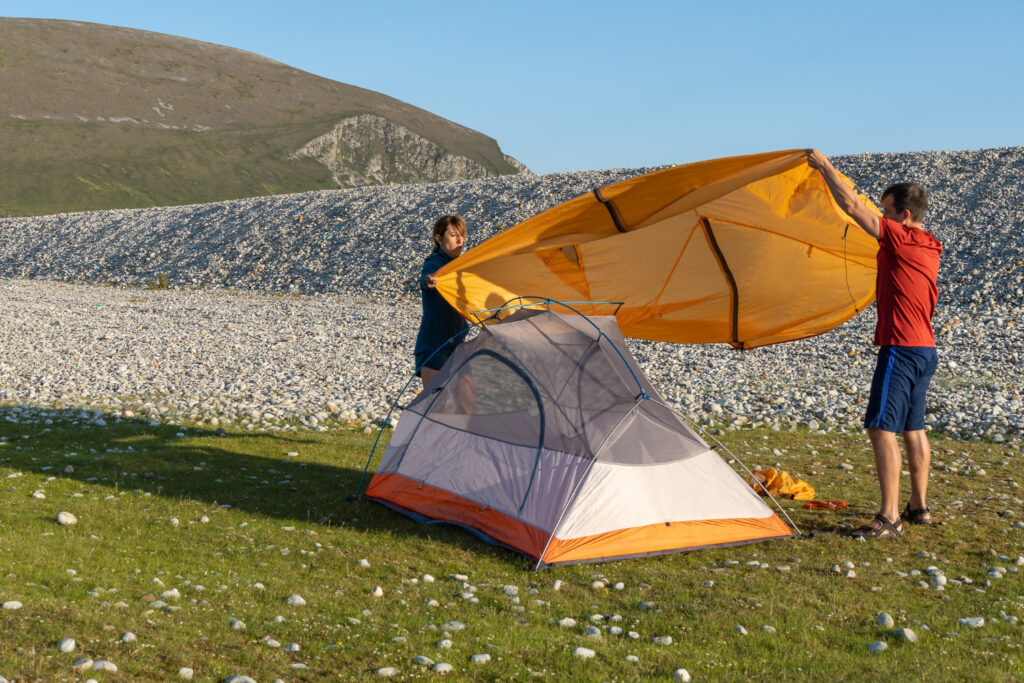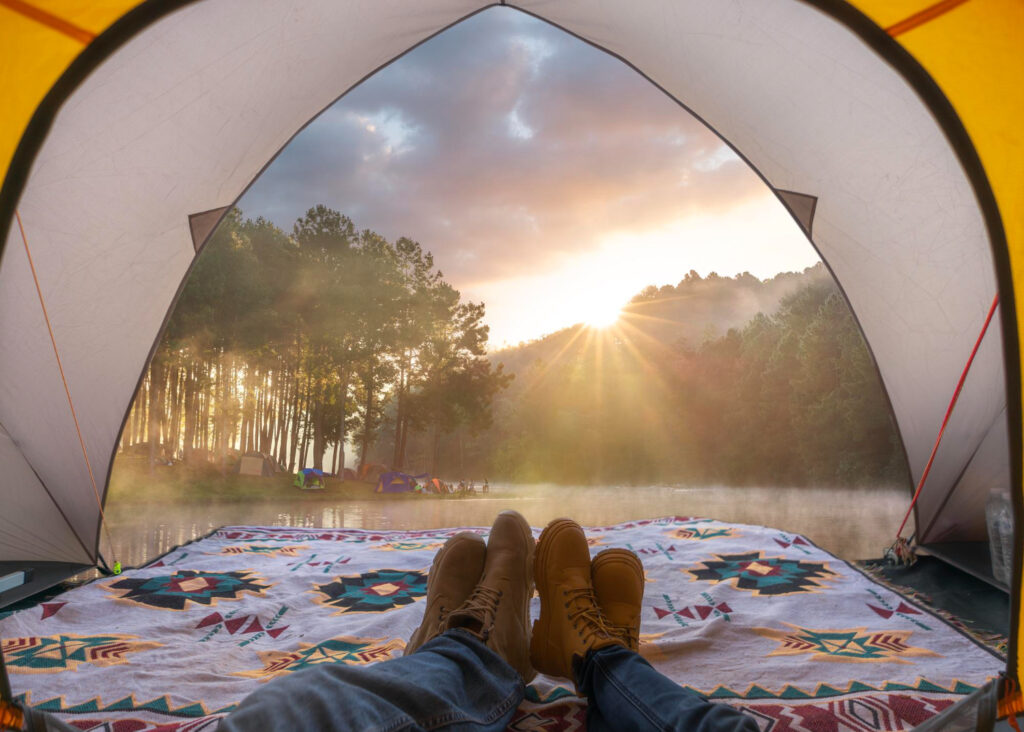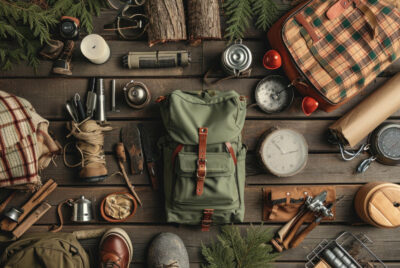Tent Tips for Camping
Picture this: You’re deep in the wilderness, the stars twinkling above, and your tent is your home away from home. But what if that tent isn’t up to the challenge? Whether you’re battling unexpected rainstorms or trying to stay cozy in freezing temperatures, having the right tent can transform your outdoor adventure from a potential nightmare into an unforgettable experience.
Choosing the best tents for camping isn’t just about picking the biggest or most expensive option. It’s about finding the right balance of features that match your specific needs. In this guide, we’ll explore everything you need to know about selecting the best tent for camping, ensuring your outdoor adventures are comfortable, safe, and memorable.
Understanding Your Tent Needs: A Practical Guide
Before diving into specific recommendations, let’s talk about what makes a great camping tent. Think of your tent as your outdoor sanctuary – it needs to tick all the right boxes for your particular camping style and environment.
Size and Capacity: More Than Just Numbers
When it comes to tent capacity, here’s a pro tip: always size up. While a two-person tent technically fits two sleeping bags, you’ll want extra space for gear, changing clothes, or simply stretching out after a long day of hiking. Here’s how to think about sizing:
- Solo camper: Consider a 2-person tent
- Couples: Look at 3-person tents
- Family of four: 6-person tent recommended
- Large groups: 8+ person tents with room dividers
Remember, these are general guidelines. If you’re car camping and space isn’t an issue, going even larger can make your camping experience more comfortable.

Weather Resistance: Your Shield Against the Elements
Mother Nature can be unpredictable, and your tent needs to be ready for anything. Here’s what to look for in weather protection:
Waterproof Rating
The hydrostatic head measurement (in millimeters) tells you how waterproof your tent is. For general camping:
- 1,000mm: Adequate for light rain
- 2,000-3,000mm: Good for regular use
- 3,000mm+: Excellent for heavy rain
Ventilation Systems
Proper airflow prevents condensation, which can make you feel as wet as if your tent were leaking. Look for:
- Mesh panels for air circulation
- Multiple vents at different heights
- Adjustable ventilation options
Wind Resistance
A tent that can’t handle wind is literally a fair-weather friend. Key features include:
- Aerodynamic design
- Strong, flexible poles
- Multiple guyline attachment points
The Setup Experience: Time vs. Stability
Nobody wants to spend hours setting up camp, but there’s often a trade-off between ease of setup and stability. Let’s break down your options:
Instant Tents
- Setup time: 1-2 minutes
- Perfect for: Family camping, festivals, quick trips
- Trade-off: Usually heavier and bulkier
Traditional Pole Tents
- Setup time: 10-15 minutes
- Better for: Harsh weather conditions
- Advantage: More stable and typically lighter
Essential Tent Care and Maintenance
Your tent is an investment, and proper care will extend its life significantly. Here’s how to protect your outdoor home:
Before Your Trip
- Set up your tent at home first
- Check for any damage or missing parts
- Apply seam sealer if needed
- Pack a repair kit
During Your Trip
- Always use a footprint or ground cloth
- Clean dirt off before packing
- Avoid setting up under dead branches
- Never cook inside your tent
After Your Trip
- Clean with mild soap and water
- Allow to dry completely
- Store loosely in a cool, dry place
- Repair any damage promptly
Making Your Final Decision
When choosing the best tent for camping, consider these final tips:
- Think Long-Term: Invest in quality now to save money later
- Consider Your Climate: Buy for the worst weather you might encounter
- Weight vs. Comfort: Balance carrying capacity with camping comfort
- Future Needs: Consider how your camping style might evolve

Conclusion: Your Perfect Tent Awaits
Finding the best tent for camping doesn’t have to be overwhelming. By focusing on your specific needs – whether that’s weather resistance, space, weight, or budget – you can find the perfect shelter for your outdoor adventures. Remember, the best tent is the one that matches your camping style and gives you the confidence to explore the great outdoors, whatever the weather throws at you.
Remember, investing in a quality tent is investing in countless future adventures. Choose wisely, care for it properly, and your tent will be your reliable companion on many memorable camping trips to come.
Frequently Asked Questions
Q: How much should I spend on a camping tent?
A: Quality tents typically range from $100 for basic models to $500+ for premium options. Consider spending more if you camp frequently or need specific features like extreme weather protection.
Q: How do I clean my tent properly?
A: Use mild soap and lukewarm water, avoid machine washing, and always let it dry completely before storage. Never use harsh chemicals or bleach.
Q: Can I use a three-season tent in winter?
A: While possible in mild conditions, true winter camping requires a four-season tent designed for snow loads and extreme cold.
Q: What’s the most important feature in a camping tent?
A: Weather protection is crucial – look for good waterproofing and wind resistance first, then consider comfort features based on your needs.
Q: How often should I waterproof my tent?
A: Reapply waterproofing treatment annually or when you notice water no longer beading on the surface. More frequent treatment may be needed with heavy use.




